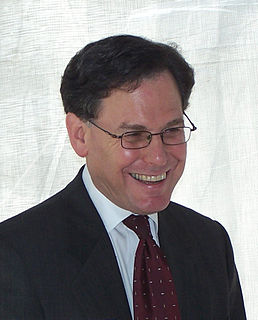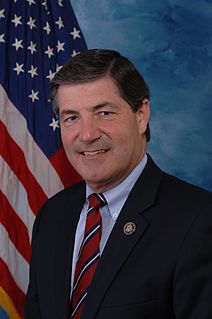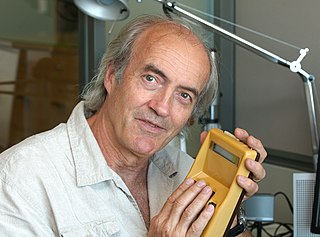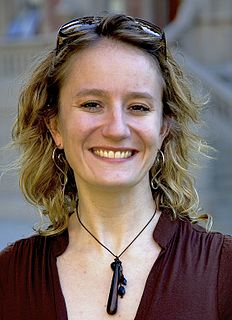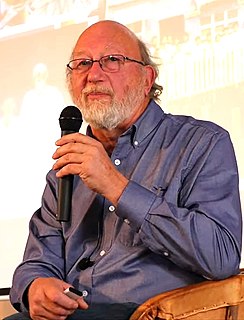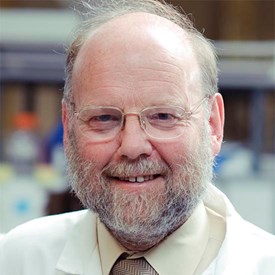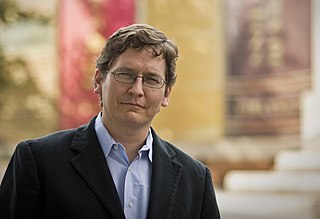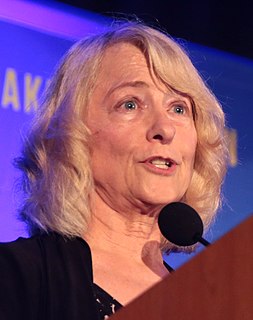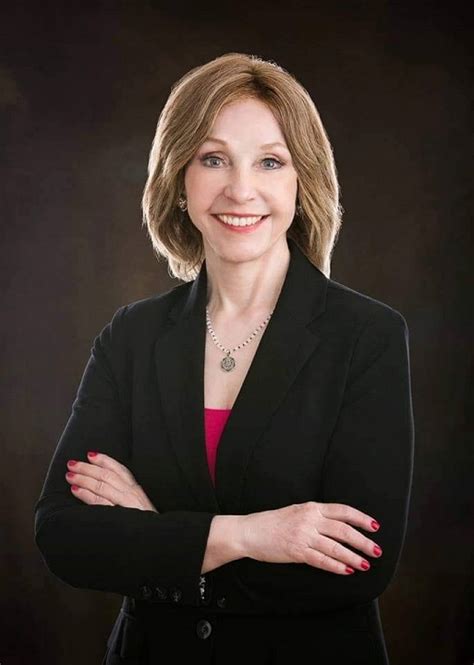A Quote by Matt Blaze
When the September 11th attacks happened, only about a year later, the crypto community was holding its breath because here was a time when we just had an absolutely horrific terrorist attack on U.S. soil, and if the NSA and the FBI were unhappy with anything, Congress was ready to pass any law they wanted. The PATRIOT Act got pushed through very, very quickly with bipartisan support and very, very little debate, yet it didn't include anything about encryption.
Quote Topics
About
Absolutely
Act
Any
Anything
Attack
Attacks
Because
Bipartisan
Breath
Community
Congress
Crypto
Debate
Encryption
Fbi
Got
Had
Happened
Holding
Horrific
Include
Just
Later
Law
Little
Nsa
Only
Pass
Patriot
Patriot Act
Pushed
Quickly
Ready
September
September 11
September 11th
Soil
Support
Terrorist
Terrorist Attack
Through
Time
Unhappy
Very
Wanted
Were
Year
Year Later
Related Quotes
There's been a certain amount of opportunism in the wake of the Paris attacks in 2015, when there was almost a reflexive assumption that, "Oh, if only we didn't have strong encryption out there, these attacks could have been prevented." But, as more evidence has come out - and we don't know all the facts yet - we're seeing very little to support the idea that the Paris attackers were making any kind of use of encryption.
In a sense, George W. Bush has used the tragedy of the terrorist attacks of September 11th and the nightmarish expansion of his idea of a war on terror to overshadow his actual conduct in office on the redistribution of wealth upward through progressive tax cuts that actually penalize the vast majority of the public, and shift their resources to a narrow band at the very, very top.
If we try to prohibit encryption or discourage it or make it more difficult to use, we're going to suffer the consequences that will be far reaching and very difficult to reverse, and we seem to have realized that in the wake of the September 11th attacks. To the extent there is any reason to be hopeful, perhaps that's where we'll end up here.
I can't imagine that I would be asked that by the president-elect [Donald Trump], or then-president [Barack Obama]. But it's - I'm very clear. I voted for the change that put the Army Field Manual in place as a member of Congress. I understand that law very, very quickly and am also deeply aware that any changes to that will come through Congress and the president.
... I had a latent impression that there was something decidedly fine in Mr. Wopsle's elocution - not for old associations' sake, I am afraid, but because it was very slow, very dreary, very up-hill and down-hill, and very unlike any way in which any man in any natural circumstances of life or death ever expressed himself about anything.
My parents were pretty open about a lot of things, especially my mom. And any kind of little crazy thing I was into, she was very supportive of. You know, whether it was BMX bike racing or being in the Boy Scouts or surfing or anything else, she always seemed to sort of support it. And I think it's because she was an immigrant and that idea of sort of having her kids be able to have access to their dreams and whatever they wanted to follow was very important to her.
I think when I was a young person, there was just kind of - there was very little dialogue about it. And there was just kind of one way to be gay, right? You saw very effeminate guys. You saw very butch women. And there was no kind of in-between. And there was no - you know, there wasn't anything in the media. There wasn't anything on television.


